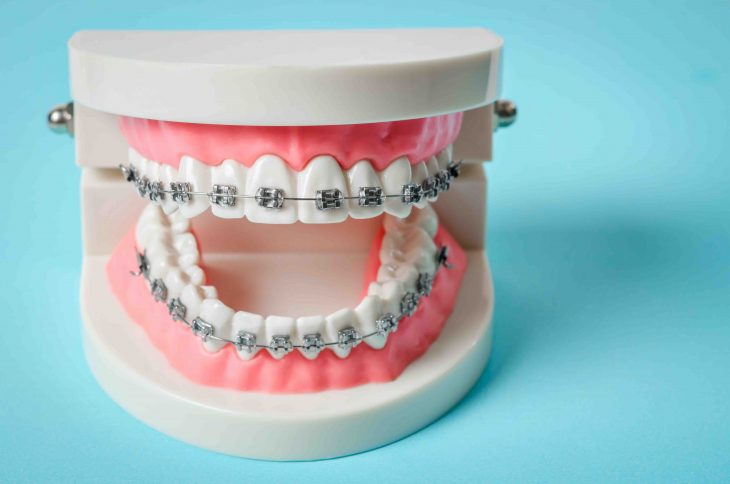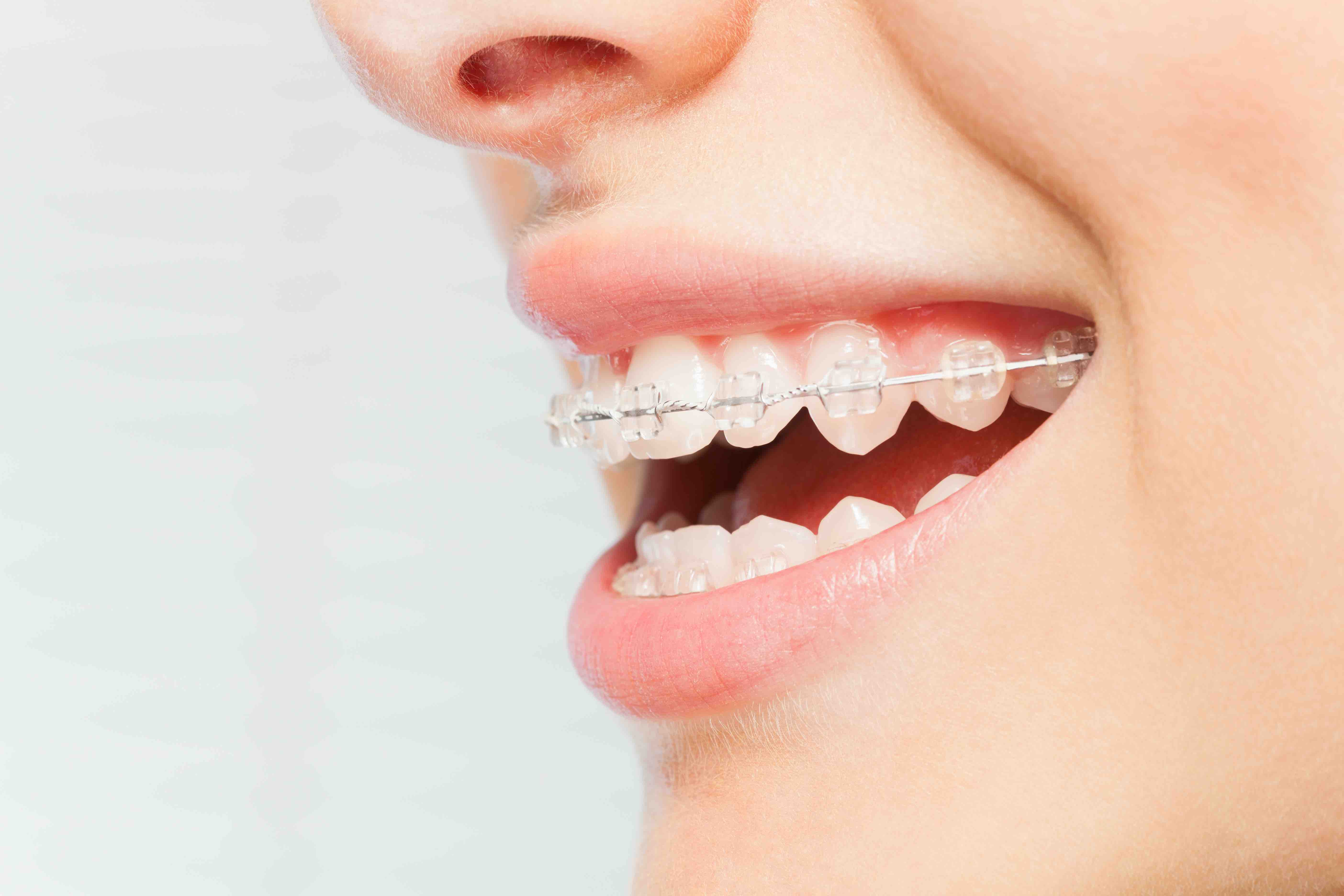
Braces are a common orthodontic treatment that can help correct dental misalignment and give you a straighter smile. Whether you’re considering braces for yourself or someone in your family, it’s essential to understand the ins and outs of this orthodontic option. In this article, we will delve into 11 insightful facts about braces, from their benefits to the various types available. Join us as we explore this comprehensive guide to orthodontic treatment and uncover the secrets of achieving a beautifully aligned smile.
Braces Correct Dental Misalignment
The primary purpose of braces is to correct dental misalignment. They are designed to apply gentle and controlled pressure to gradually move your teeth into their ideal positions. By doing so, braces can improve both the aesthetics and functionality of your smile.
Benefits Beyond Aesthetics
While braces are known for improving the appearance of your teeth, they also offer additional benefits. Correcting dental misalignment can enhance your bite, alleviate jaw pain, and make oral hygiene more manageable by reducing crowded areas that are challenging to clean.
Different Types of Braces
Braces come in various types, allowing individuals to choose the option that best suits their needs and preferences. Traditional metal braces consist of metal brackets and wires, while ceramic braces use tooth-colored or clear brackets for a more discreet look. Lingual braces are placed on the backside of the teeth, making them virtually invisible. Additionally, clear aligners, such as Invisalign, offer a removable and nearly invisible alternative to traditional braces.
The Duration of Treatment Varies
The duration of braces treatment varies depending on the severity of the misalignment and the individual’s response to treatment. On average, braces are worn for about 1 to 3 years. Regular adjustments and check-ups with your orthodontist will help ensure the progress of your treatment.
Age Is Not a Barrier

Braces can be beneficial for individuals of all ages. While orthodontic treatment often begins during adolescence, adults can also benefit from braces. More and more adults are choosing braces to improve their smiles, and orthodontic advancements have made treatment more accessible for different age groups.
Proper Oral Hygiene Is Important
Maintaining good oral hygiene is crucial when wearing braces. It’s essential to brush and floss regularly, paying extra attention to cleaning around the brackets and wires. Your orthodontist will provide you with specific instructions on how to keep your braces clean and prevent dental issues during treatment.
Adjustments and Discomfort
Braces require periodic adjustments to continue shifting your teeth into the desired positions. These adjustments may cause some discomfort or soreness, especially in the first few days after each appointment. Over-the-counter pain relievers and orthodontic wax can help alleviate any discomfort.
Retention Phase After Braces
After your braces are removed, you will enter a retention phase. During this period, you’ll wear a retainer to help maintain the new alignment of your teeth. Retainers can be removable or fixed and are an essential part of the overall treatment process.
Orthodontic Specialist: The Importance of Expertise
Orthodontic treatment, including braces, should be carried out under the care of an orthodontic specialist. Orthodontists are dentists who undergo additional training and education in the field of orthodontics. Their expertise ensures that you receive the most effective and safe treatment for your specific needs.
Eating Habits and Braces
While wearing braces, certain foods can pose a challenge or even damage the brackets and wires. Sticky or hard foods, such as chewing gum, popcorn, or hard candies, should be avoided. It’s important to follow your orthodontist’s guidelines on dietary restrictions to protect your braces and ensure successful treatment.
Braces Create a Lasting Smile
The results of braces treatment can last a lifetime with proper care and maintenance. Once your treatment is complete and you have achieved the desired alignment, you’ll enjoy the benefits of a beautifully straight smile that can boost your confidence and overall oral health.
Conclusion
With these 11 insightful facts about braces, you now have a comprehensive understanding of this orthodontic treatment. Whether you’re considering braces for yourself or a loved one, you can make an informed decision and embark on the journey to a straighter, more confident smile. Embrace the transformative power of braces and unlock the potential for a lifetime of oral health and aesthetic satisfaction.
Frequently Asked Questions (FAQs)
Does getting braces hurt?
The process of getting braces is typically painless. However, you may experience some discomfort or soreness after the initial placement and subsequent adjustments. This discomfort is temporary and can be managed with over-the-counter pain relievers.
Can I still play sports with braces?
Yes, you can still play sports while wearing braces. However, it’s important to wear a mouthguard to protect your teeth and braces during physical activities. Your orthodontist can provide you with a suitable mouthguard for sports.
How often should I visit the orthodontist during braces treatment?
During braces treatment, regular visits to the orthodontist are necessary for adjustments and progress checks. Typically, appointments are scheduled every 4 to 8 weeks, but the frequency may vary depending on your individual treatment plan.
Can I chew gum with braces?
Chewing gum is generally not recommended while wearing braces, as it can stick to the brackets and wires. Sticky or hard foods, including gum, should be avoided to prevent damage to the braces.
Will braces affect my speech?
It is common to experience a temporary adjustment period with your speech when braces are first placed. However, your tongue and mouth will adapt, and any speech changes are usually minor and temporary.
Was this page helpful?
Our commitment to delivering trustworthy and engaging content is at the heart of what we do. Each fact on our site is contributed by real users like you, bringing a wealth of diverse insights and information. To ensure the highest standards of accuracy and reliability, our dedicated editors meticulously review each submission. This process guarantees that the facts we share are not only fascinating but also credible. Trust in our commitment to quality and authenticity as you explore and learn with us.
